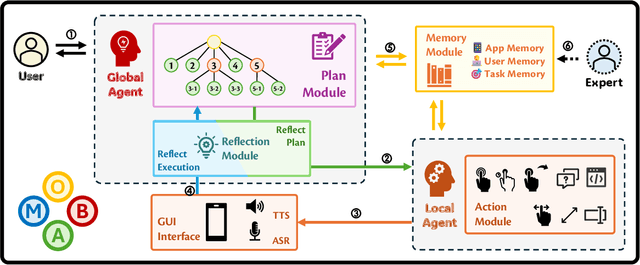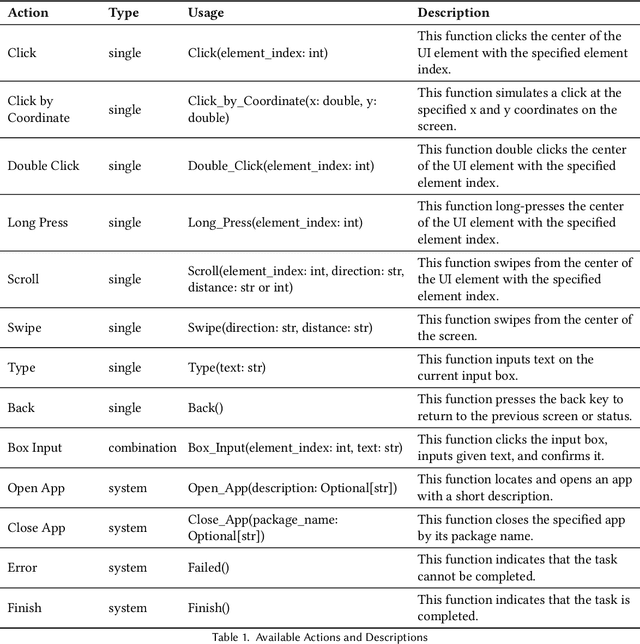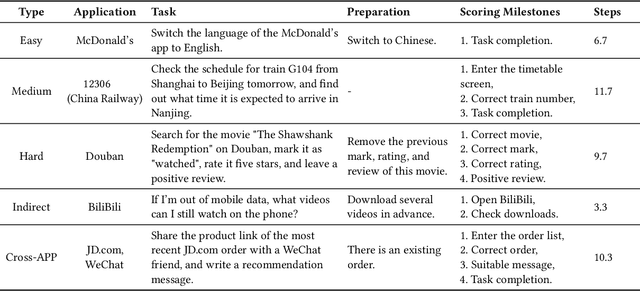Kunyao Lan
Delusions of Large Language Models
Mar 09, 2025Abstract:Large Language Models often generate factually incorrect but plausible outputs, known as hallucinations. We identify a more insidious phenomenon, LLM delusion, defined as high belief hallucinations, incorrect outputs with abnormally high confidence, making them harder to detect and mitigate. Unlike ordinary hallucinations, delusions persist with low uncertainty, posing significant challenges to model reliability. Through empirical analysis across different model families and sizes on several Question Answering tasks, we show that delusions are prevalent and distinct from hallucinations. LLMs exhibit lower honesty with delusions, which are harder to override via finetuning or self reflection. We link delusion formation with training dynamics and dataset noise and explore mitigation strategies such as retrieval augmented generation and multi agent debating to mitigate delusions. By systematically investigating the nature, prevalence, and mitigation of LLM delusions, our study provides insights into the underlying causes of this phenomenon and outlines future directions for improving model reliability.
AdaEAGLE: Optimizing Speculative Decoding via Explicit Modeling of Adaptive Draft Structures
Dec 25, 2024



Abstract:Speculative Decoding (SD) is a popular lossless technique for accelerating the inference of Large Language Models (LLMs). We show that the decoding speed of SD frameworks with static draft structures can be significantly improved by incorporating context-aware adaptive draft structures. However, current studies on adaptive draft structures are limited by their performance, modeling approaches, and applicability. In this paper, we introduce AdaEAGLE, the first SD framework that explicitly models adaptive draft structures. AdaEAGLE leverages the Lightweight Draft Length Predictor (LDLP) module to explicitly predict the optimal number of draft tokens during inference to guide the draft model. It achieves comparable speedup results without manual thresholds and allows for deeper, more specialized optimizations. Moreover, together with threshold-based strategies, AdaEAGLE achieves a $1.62\times$ speedup over the vanilla AR decoding and outperforms fixed-length SotA baseline while maintaining output quality.
MobA: A Two-Level Agent System for Efficient Mobile Task Automation
Oct 17, 2024



Abstract:Current mobile assistants are limited by dependence on system APIs or struggle with complex user instructions and diverse interfaces due to restricted comprehension and decision-making abilities. To address these challenges, we propose MobA, a novel Mobile phone Agent powered by multimodal large language models that enhances comprehension and planning capabilities through a sophisticated two-level agent architecture. The high-level Global Agent (GA) is responsible for understanding user commands, tracking history memories, and planning tasks. The low-level Local Agent (LA) predicts detailed actions in the form of function calls, guided by sub-tasks and memory from the GA. Integrating a Reflection Module allows for efficient task completion and enables the system to handle previously unseen complex tasks. MobA demonstrates significant improvements in task execution efficiency and completion rate in real-life evaluations, underscoring the potential of MLLM-empowered mobile assistants.
Towards Reliable and Empathetic Depression-Diagnosis-Oriented Chats
Apr 07, 2024Abstract:Chatbots can serve as a viable tool for preliminary depression diagnosis via interactive conversations with potential patients. Nevertheless, the blend of task-oriented and chit-chat in diagnosis-related dialogues necessitates professional expertise and empathy. Such unique requirements challenge traditional dialogue frameworks geared towards single optimization goals. To address this, we propose an innovative ontology definition and generation framework tailored explicitly for depression diagnosis dialogues, combining the reliability of task-oriented conversations with the appeal of empathy-related chit-chat. We further apply the framework to D$^4$, the only existing public dialogue dataset on depression diagnosis-oriented chats. Exhaustive experimental results indicate significant improvements in task completion and emotional support generation in depression diagnosis, fostering a more comprehensive approach to task-oriented chat dialogue system development and its applications in digital mental health.
LLM-empowered Chatbots for Psychiatrist and Patient Simulation: Application and Evaluation
May 23, 2023Abstract:Empowering chatbots in the field of mental health is receiving increasing amount of attention, while there still lacks exploration in developing and evaluating chatbots in psychiatric outpatient scenarios. In this work, we focus on exploring the potential of ChatGPT in powering chatbots for psychiatrist and patient simulation. We collaborate with psychiatrists to identify objectives and iteratively develop the dialogue system to closely align with real-world scenarios. In the evaluation experiments, we recruit real psychiatrists and patients to engage in diagnostic conversations with the chatbots, collecting their ratings for assessment. Our findings demonstrate the feasibility of using ChatGPT-powered chatbots in psychiatric scenarios and explore the impact of prompt designs on chatbot behavior and user experience.
 Add to Chrome
Add to Chrome Add to Firefox
Add to Firefox Add to Edge
Add to Edge